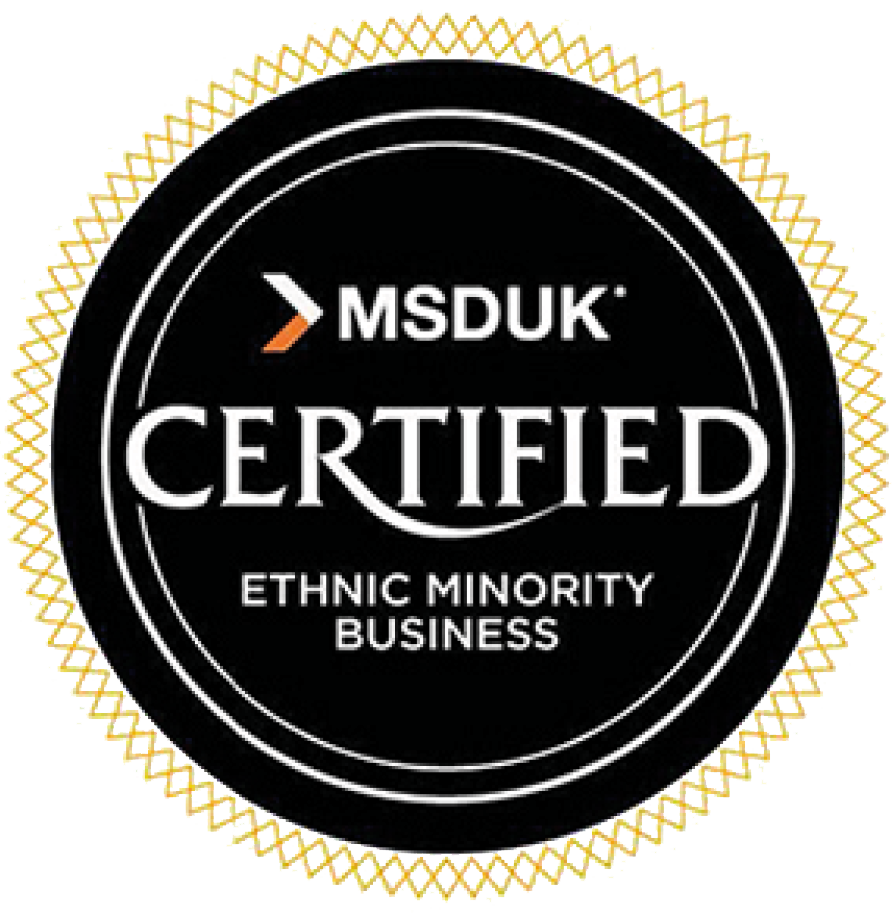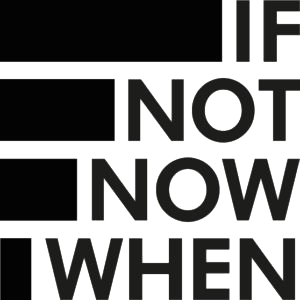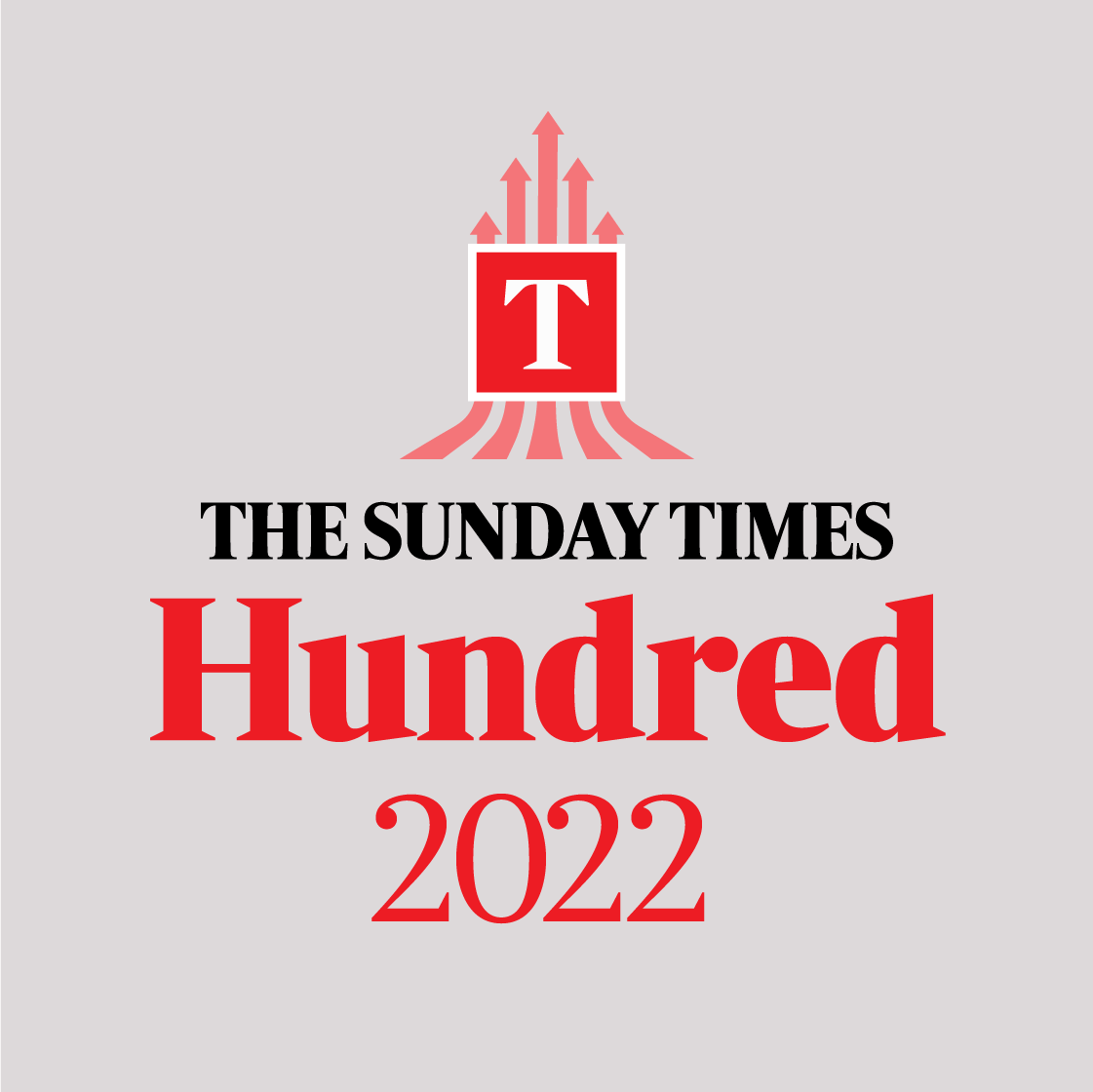Kelly McDonald is currently Executive Manager, HR Business Partner at Irish Life and one of our 2019 EMpower Ethnic Minority Senior Executive Role Models. Her work for inclusion has covered a broad range of initiatives aimed at a many different groups – from providing work placement opportunities for refugees through an African Inclusion Programme, through mentoring young female talent, to LGBT+ inclusion and increasing awareness of mental health at work. Her career has also taken her to work in three different countries – Australia, UK and Ireland – providing a unique perspective on how the landscape for minority groups varies considerably even in developed countries which share a common language.
In this interview with INvolve, Kelly shares some of the lessons she has learned during a career trying to break down barriers and provide equal opportunity for all.
What inspired you to get involved with D&I initiatives?
As someone from a minority group who has spent my whole working life in corporate organisations I want to work to challenge the biases in the system. I want to work towards a level playing field where minority groups have as much access to jobs as everyone else. Access is a really key word; for me it’s about ensuring all talent can access opportunities and then go on to win roles on merit.
What have been some of the most original and/or successful Inclusion programmes you have been involved in?
The African Inclusion program in National Australia Bank always made me very proud. African people (who statistically have the highest rates of unemployment of any racial group) were given the opportunity to access placements then go on to win permanent roles. The support provided by National Australia Bank was fantastic, and the talent of the individuals was phenomenal. It really did unlock talent that was going to waste.
You have worked in Australia, the UK and Ireland – when it comes to D&I challenges what have you found both unique, and different, about working in these countries?
In London, the diversity discussion is much more in your face. There is a visibly diverse population and the influence of US companies makes this a progressive place to work. I first started working on D&I initiatives in JP Morgan 20 years ago, with approaches that some companies are only adopting today.
Australia has a much more sensitive relationship with racial diversity as a result of the treatment of indigenous Australians in the very recent past. Gender diversity is often the focus as it’s a less controversial area to address. That said many of the larger companies are happy to take positive action to employ Indigenous Australians, supporting them through education into enduring employment.
Ireland is still a relatively new country to me, but I am really excited by the opportunity to tackle some of the employment issues faced by racial minorities. Amazing women like Dr Ebun Joseph are researching and trying to mobilise action to provide access to employment to minority groups. I am keen to support her work and think there is a real opportunity in Ireland to tap into wasted talent.
What do you believe are some of the unique challenges that women of colour face within the workplace in Ireland? What are the most effective ways to help address these?
Again, it all comes down to access; to education, to mentors and to job opportunities. There is no shortage of talent but there is a real shortage of role models and those who can hold out their hand to help others. Ireland is based upon relationships, and unfortunately if you are seen as an outsider it can be tough to get a break. People like Dr Joseph, with support from companies like Irish Life are trying to tackle that.
What made you decide to become a Role Model?
You can’t be what you can’t see. I have worked with ethnic minority school girls who had heaps of talent but zero confidence or information about the art of the possible. I want to inspire young people to strive for what may seem unattainable. My family had no money, I was bullied for being the only POC at my school, but I kept focused on education and was really lucky to have an inspirational teacher who took me under her wing. My family were also really supportive of me continuing in education and I know not all kids have that at home. Basically I hope it shows that if I can make a success of my career, anyone can!
You mentor young women from ethnic minority backgrounds. What key advice would you give to future leaders looking to advance their careers?
One of my managers said to me that I was the most annoying person she had ever managed (said with affection I promise!) because I kept asking to take on more and more, and be stretched. Set the intention – tell people you are ambitious and back it up with hard work. Attitude will take you a long way. Just keep seeking out development (many companies offer further education, I had a Masters degree sponsored though my first company), take on those risky projects and back yourself. Get a good network around you so you have support.
What were the key moments that made a difference in your own career?
One of the defining moments was badgering my poor manager into letting me start that Masters degree (in Human Resources). It helped to set me apart and showed that I was willing to work really hard to progress.
The second moment was when I was asked to step up into a General Manager role, which was a big jump up to managing the HR team for the largest Business Bank in Australia. I was scared witless but I pushed myself and did it anyway. No one can take experiences like that away from you.
You have been involved with school level programmes for inclusion – do you think enough is being done at school level to open up opportunities for all?
I think there needs to be more structure and focus on mentoring minority kids. This is where we can make the most difference to those damning employment stats. I was really lucky, someone steered me on a path which got me out of poverty and to realise that education was the way out. Not everyone is that lucky and it’s a huge waste of talent if we don’t support those who need it most.




